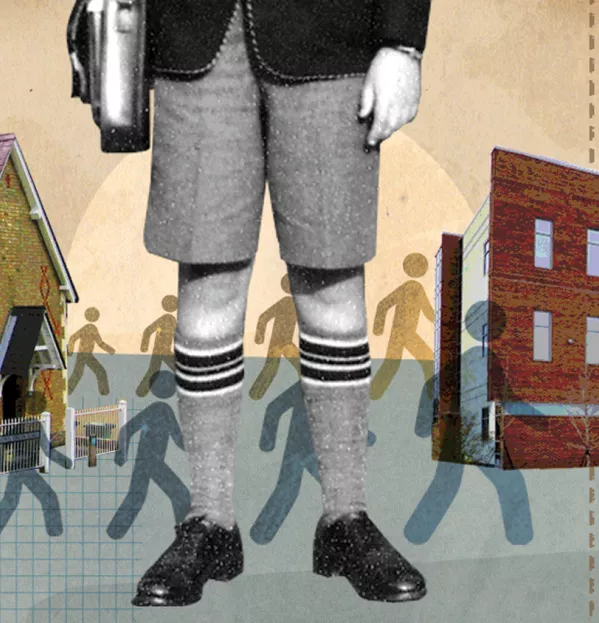I started out as a schoolteacher, and going to visit local schools takes me back. It also reminds me how different they are to FE colleges. It’s not just the distinctive sound of preadolescent voices, nor the obligatory photos of year groups and sports teams hanging in reception.
The essential difference lies in the distinctive ethos of schools, summed up by the Latin phrase “in loco parentis” (literally translated, “in the place of a parent”), which legally obliges schools to exercise the same duty of care that “a reasonable parent” would. Schools are, in this respect, extensions of the home, and their pupils are organised accordingly.
FE colleges, in contrast, have always treated students as adults-in-training rather than children. There is no uniform, no playtime, no assemblies. This is not to say that colleges don’t care for students - a great deal of effort and attention goes in to providing a safe and nurturing environment - but any nannying is kept to a minimum.
This difference may be causing colleges an image problem. The traditionalist trappings of education are now, more than ever, associated with high academic standards.
We have extended childhood by raising the legal age for participation in education to 19. It used to be common to have a part-time job from 13 and work full-time from 16. Now? It’s virtually impossible. A recent report from the UK Commission for Employment and Skills revealed that the proportion of 16- and 17-year-olds in part-time work had plummeted from 42 per cent to 18 per cent since 1997.
So 16-18s are physically adult but socially children, with no earnings or adult responsibilities. Unsurprisingly, fewer and fewer employers consider a 16-year-old mature enough to be given a job - a major obstacle to expanding apprenticeships. The culture of school, with its focus on parental oversight, is perhaps more in keeping with the zeitgeist than that of FE, but it doesn’t address complaints about school-leavers’ lack of employability skills.
By keeping students in a bubble of academia for longer, we may actually be rowing in the opposite direction to the job-readiness employers crave.
Occupational skills are gained by applying knowledge to real-world problems; to do that, young people have to be in it. They have got to be treated like adults at some stage.
So FE’s culture of treating learners as future workers may yet prove to be a winning formula. By expecting young people to behave as if they were in the workplace, by supporting them with apprenticeship training while they are employed in real jobs, colleges are acting not only in the place of a parent but also in the place of an employer. We’re providing education for grown-ups, not children.
Andy Forbes is principal of the College of Haringey, Enfield and North East London
